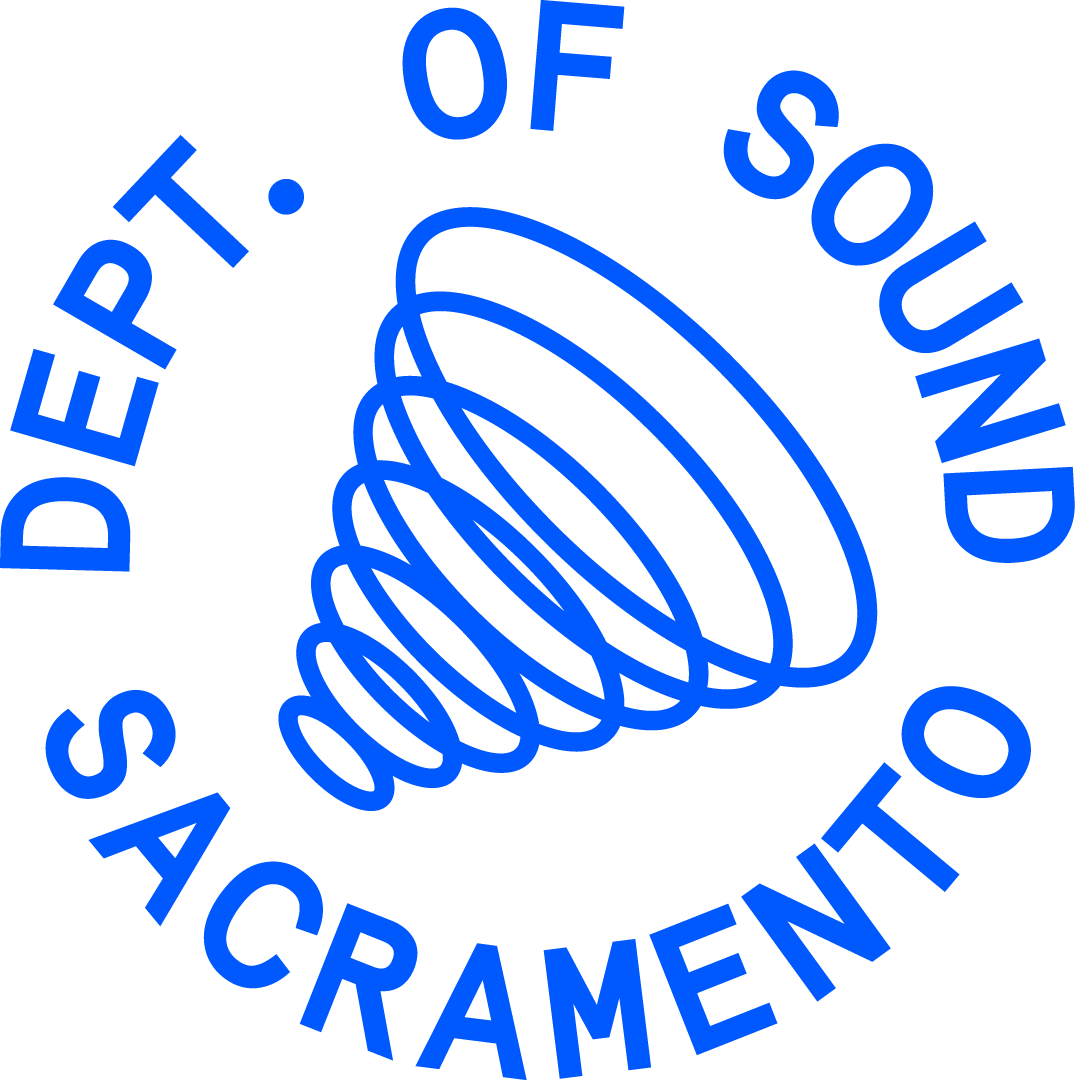Top Five Ways You Can Best Advocate For Your School’s Music Program
Choose an online learning platform
Find or create lessons that are engaging and provide the information your students want to learn. Utilize free online resources that will foster creativity and music education. Alongside the curriculum, share updates with administrators and district board members. You could also invite them to sessions so they can see just how valuable your music program is to students.
Share how your music program is impacting students’ lives
Ask your students for feedback about what they are learning in class and how it has impacted their daily lives. Use this information and music education insights to share on any communication outlets you have access to, including email blasts, social media platforms, and your school’s printed newsletters. Starting conversation among parents and the community will help bring more eyes and ears to the curriculum and the student’s work.
Frame the school’s music program as being more than just music education, but a safe place for communication
Music is a therapeutic medium that can guide students through emotional and social learning. Try to advocate the ways in which your school’s music program will promote wellness and self-care to students. By providing a more holistic and safe space for students to learn, the program can continue to gain resiliency through a shared sense of community and openness.
Join your district’s team in planning how schools will continue to implement the music curriculum
Music education is mandated by the Every Student Succeeds Act, so make sure that music class continues virtually or in person. Leave an influential mark on the value of music education in k-12 education and suggest alternative online resources which you aim to utilize in the music classroom. Here is a guided resource to get started Fall 2020 Guidance for Arts Education.
Learn about your local, state, and federal education funding policies
Research policies related to music education that directly impact your school district. Reach out to government policymakers and school decision makers and urge for advancements in education funding to expand within all subjects including music and arts education. To learn more, here is an advocacy briefing that provides insight on how to contact Members of Congress as well as state and local officials about the essential role of music education in students' lives. NAMM Advocacy Summit
Source: “5 Things You Can Do - Music Educator Edition,” Save The Music Foundation
